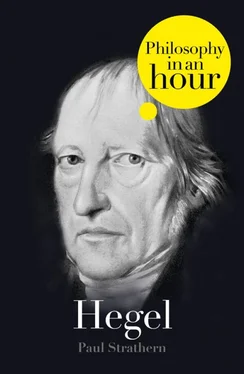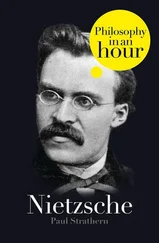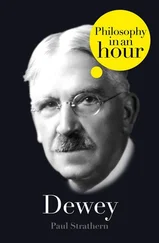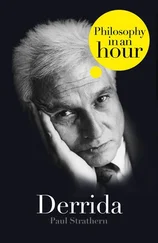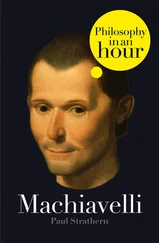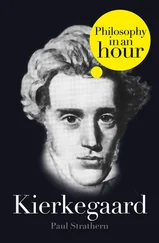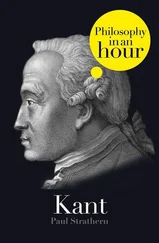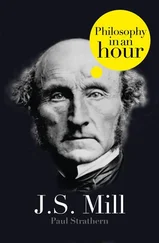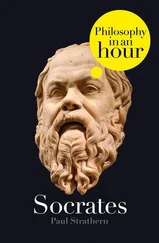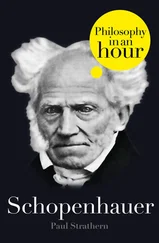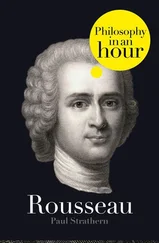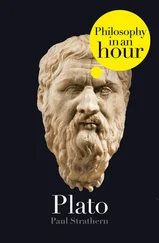With Hegel, philosophy became very difficult indeed, requiring the utmost concentration . So it looks as if Schopenhauer, despite his razor-sharp intellect, just wasn’t trying hard enough. On the other hand, even Hegel conceded that ‘only one man understands me, and even he does not’. Some critics consider that here Hegel was exaggerating. Did this man ever really exist?
Georg Wilhelm Friedrich Hegel was born on August 27, in Stuttgart. His family had for generations been civil servants, and his father worked in the Württemberg tax office. Hegel’s upbringing gave him a heavy Swabian accent which he retained to the end of his days, as well as the belief that self-effacement is one of the cardinal virtues of true culture.
He was a sickly child and was to suffer from several bouts of serious illness before he reached manhood. At the age of six he caught such a bad case of smallpox that he nearly died. For more than a week he was blinded, and his complexion remained badly pockmarked. At the age of eleven he survived the fever that struck his entire family and carried off his mother. And during his student years he was laid low for several months by a malarial infection.
As Hegel grew up he read omnivorously – through literature, newspapers, and treatises on almost any subject he could find. Yet even at an early age he already believed in a strictly systematic approach, meticulously copying out in his journal excerpts from all he read. This thorough training in pedantry (his ‘excerpt mill’, as he called it) contained quotations on everything, from physiognomy to philosophy, from hyperboreans to hypochondria. Personal matters were included in this journal only when they illuminated an abstract principle. And on days when he found nothing serious enough to record, Hegel took this seriously enough to record why such a lamentable state of affairs had occurred. Avid scholarly readers of this junk shop of the mind may come across side by side a report of a local fire and a criticism of a concert he has attended, followed by a description and analysis of the cold weather, a brief treatise on the homily ‘Love of money is the root of all evil’, and a list of the merits he has discerned in the Latin dictionary he has just received as a present. One scholarly reader notes: ‘He composes a Latin oration, he argues against dictating a theme in German for transcription into Latin, he puts down his school timetable in the margin, he says that he and his friends watched pretty girls, he makes notes on Virgil and Demosthenes, he is curious about a musical clock and a star atlas, and on Sunday he works on trigonometry’.
It is difficult to overemphasise the importance of this ‘excerpt mill’ – as an illustration both of exceptional learning and of premature desiccation. In later life Hegel’s mammoth tomes were to contain references to an almost superhuman breadth of learning. The fact that these references often contained minor errors only confirms the encyclopedic volume of Hegel’s mind. They were invariably quoted from memory – Hegel was averse to interrupting his train of thought by looking up sources or checking quotations.
Hegel’s father was ‘a man of orderly habits and the conservative instincts natural to his place’, according to Hegel’s early biographer Caird. This archetypical employee of the provincial tax office appears to have been a somewhat distant father. Hegel’s closest human contact during this period was his sister Christiane, who was three years his junior. The motherless pair developed a strong affection for each other. The abstract principle that Hegel elicited from this rare personal emotion was that a sister’s love for her brother is the highest form of love. In his later philosophy he was to illustrate this by citing Sophocles’ Antigone , in which the dutiful Antigone is willing to face death in order to bury her brother’s corpse, and then commits suicide, an act that results in further suicides and desolation. As we shall see, the charged atmosphere of this Greek tragedy mirrored the underlying psychological truth of the relationship between Hegel and his sister. The impressionable Christiane was overwhelmed by her all-knowing brother, and her love for him developed into an unnaturally strong bond which was to have tragic consequences.
At the age of eighteen Hegel enrolled in the theological seminary at Tübingen University. Although he exhibited all the characteristics of a first-class civil servant, his parents wanted him to enter the church. Hegel’s interests already extended far beyond theology, but it wasn’t until he entered the university that he first became seriously interested in philosophy. It was this interest that brought him into contact with two exceptional contemporaries at Tübingen. One was Hölderlin, an ardent Hellenophile, who was to become one of the outstanding lyric poets in the German language; the other was Schelling, whose intensely romantic philosophy of nature was a forerunner of the nineteenth-century reaction against the shallow constrictions of rationalism. In such heady company, Hegel soon became a romantic revolutionary. When the French Revolution exploded, he and Schelling rose at dawn to plant a ‘Tree of Liberty’ in the marketplace.
Hegel became deeply interested in ancient Greek culture and the new philosophy of Kant. The publication of Kant’s Critique of Pure Reason , just seven years earlier in 1781, was hailed by Hegel as the ‘greatest event in the entire history of German philosophy’.
To appreciate why Kant was so important, it is necessary to outline the previous history of philosophy. In the mid-eighteenth century the Scottish philosopher Hume had reduced philosophic certainty to its lowest ebb. Experience, he declared, was our only source of true knowledge. Hume’s empirical philosophy had demonstrated the impossibility of creating any further philosophical systems. To build any system one needed such elements as causality (that is, cause and effect), but Hume had shown that this was a mere supposition. No one had ever experienced a cause and its ensuing effect; all they had actually experienced was one thing following another. It looked as if this was the end of philosophy.
Kant, however, managed to circumvent this catastrophe. He suggested that causality was merely one of the ways in which we apprehend the world – like space and time, color, and so forth. Hume had been right: the world didn’t contain such a thing as causality, instead it was in us, our way of perceiving the world.
Building on this foundation, Kant managed to construct by means of reason an all-embracing philosophical system that explained everything. In a series of all but impenetrable works, Kant proceeded to explain his system to the world. The great era of German metaphysics was launched in all its high-mindedness and prolixity. Hegel was enraptured: here was a mind as encyclopedic (and prosaic) as his own.
Hegel plowed assiduously through Kant, complementing this with forays into ancient Greek culture, and in between times harvesting far and wide for the ‘excerpt mill’. Even in these early years he was known by his fellow students as ‘the old man’, apparently as much for his drab personality as his obsessive propensity for study. By the time Hegel came to leave the university in 1793, he had no intention of entering the church. What he really wanted was an academic post, teaching in a university, but surprisingly he managed to achieve only a mediocre degree. His final certificate from the university authorities perceptively noted that he was not much good at philosophy.
In fact Hegel’s reading, in philosophy and other subjects, had been almost exclusively outside his course – the mark of many a brilliant mind and countless mediocrities. Hegel was intent on continuing with these whimsical studies, and in order to support himself he became a private tutor. This took him to Berne in Switzerland for three years. Here he read widely in the library and was quite lonely. He found solace by communing with nature.
Читать дальше
